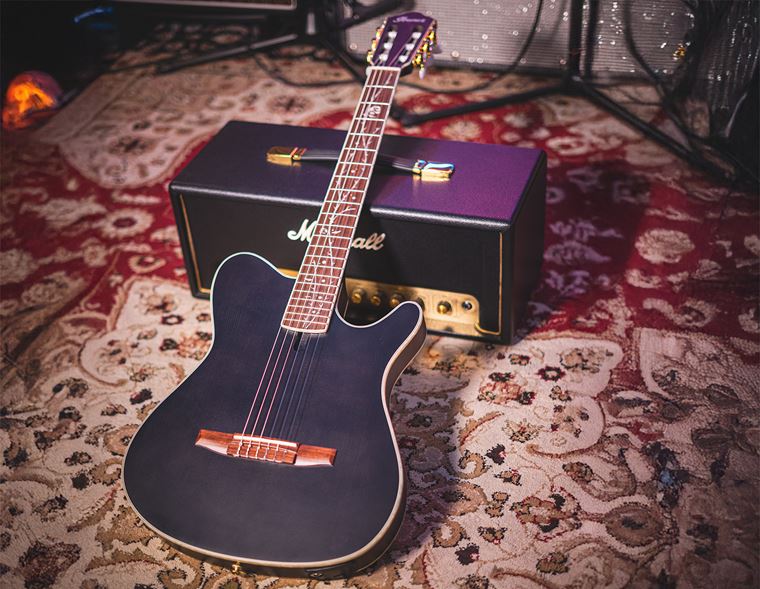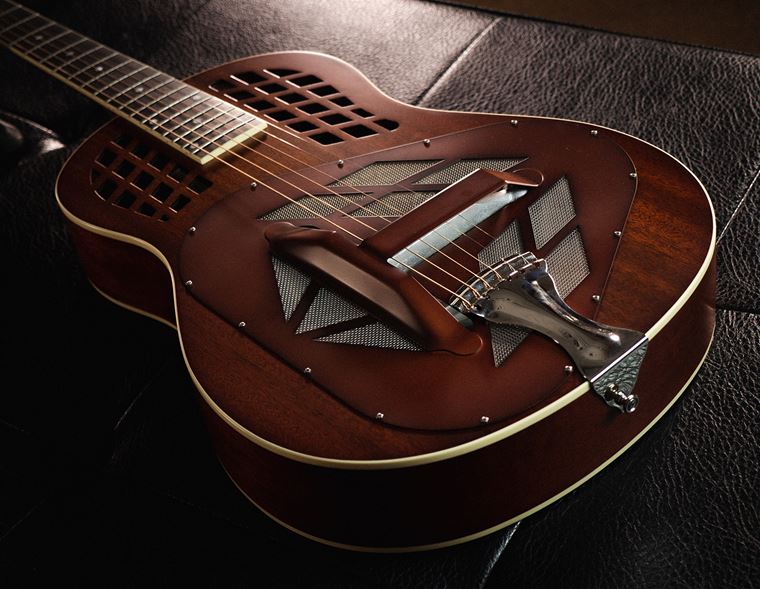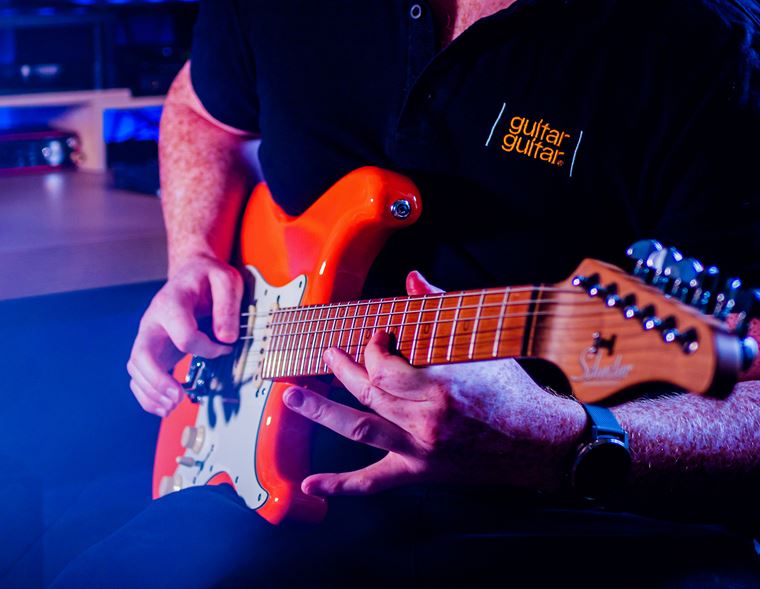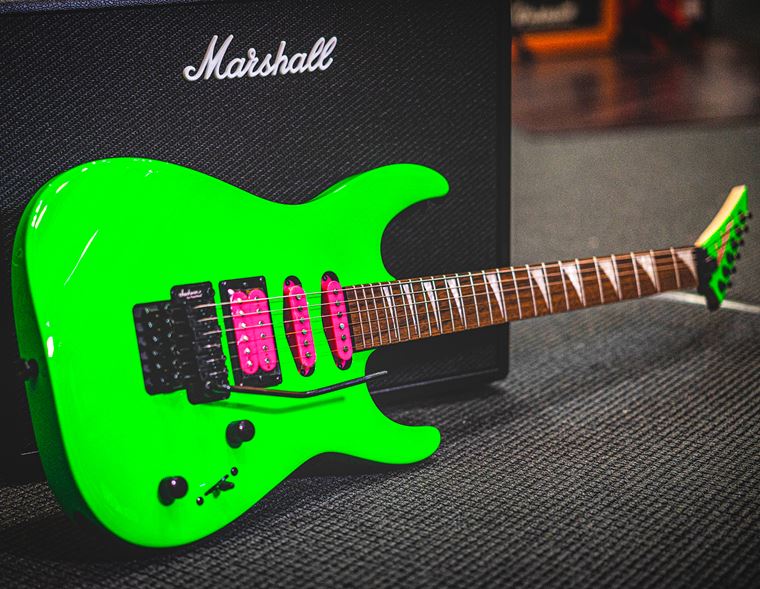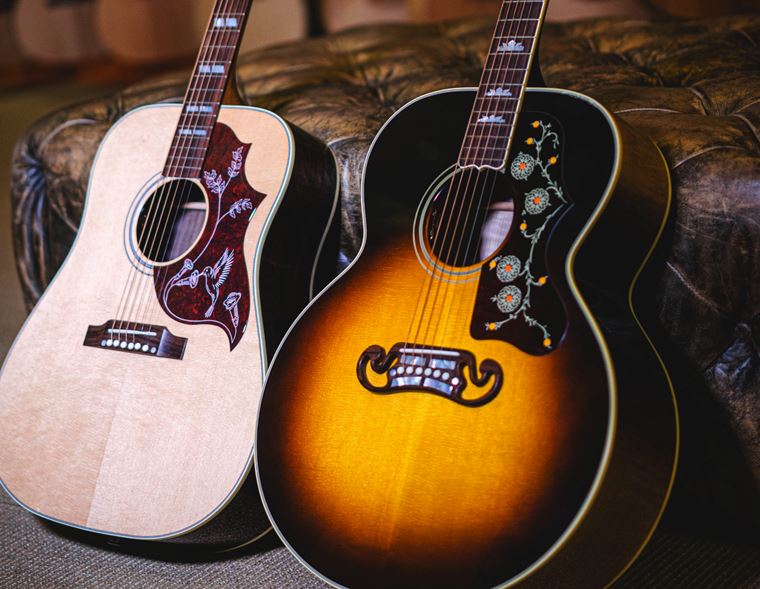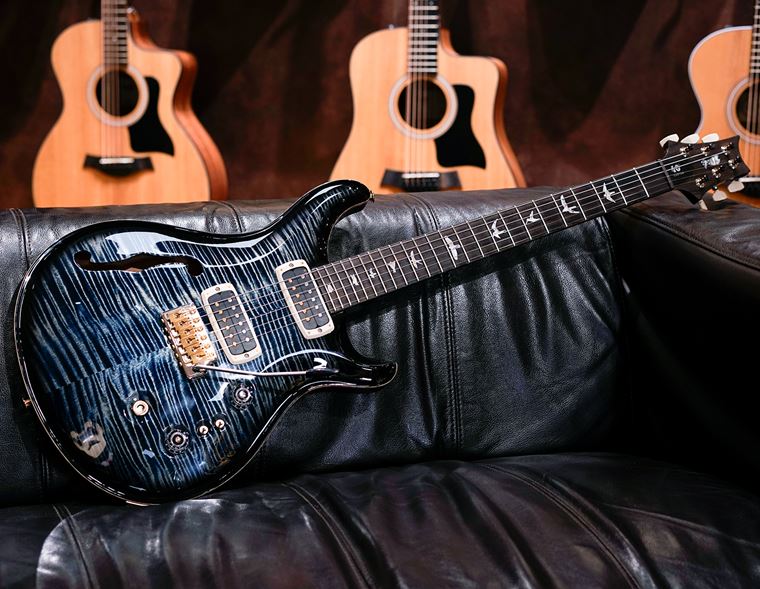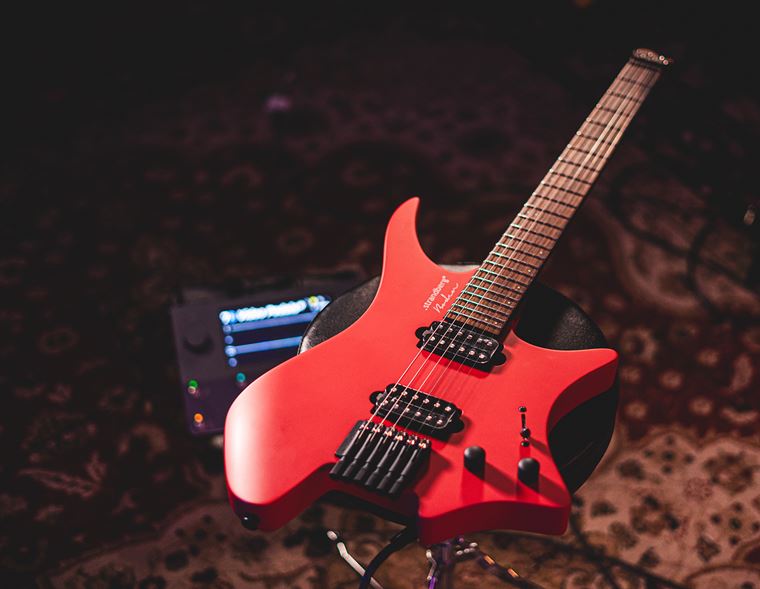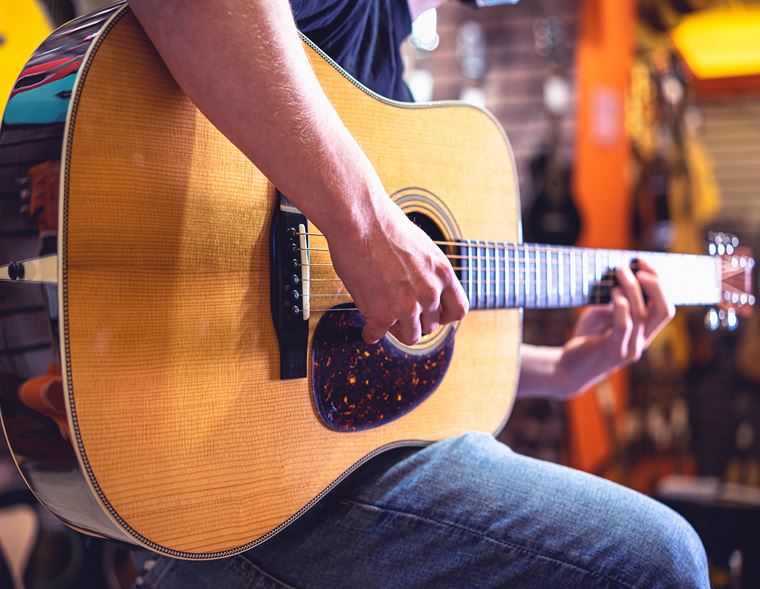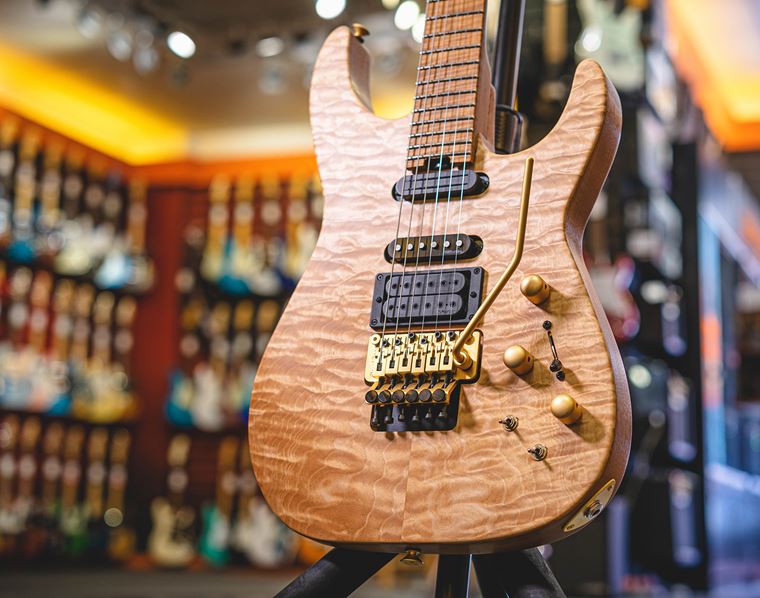What is an Arranger Keyboard? (Updated for January 2024)
What is an arranger keyboard? Have you stepped into the 'tech' department of your local guitarguitar and stood bewildered at the range of keyboards on offer? They all look pretty similar, up to a point, and they all look quite complex. Are they all the same?
Indeed not! Arranger keyboards can take on a number of different jobs, and today I'll focus more on the arranger side and a little on the workstation side.
They might not be quite as sexy as guitars, but there is a special place for arranger keyboards in a musician's arsenal. Offering a unique toolset that appeals to those looking to plan and create musical performances, an arranger keyboard can be a helpful tool that will enhance your creativity and make your life easier. Many arrangers also have the ability to form chords from single notes, so you don't need to be an advanced keyboard player to find an arranger a helpful asset.
Contents
- What is an Arranger Keyboard?
- Do Arranger Keyboards use Backing Tracks?
- Workstation Vs Arranger
- Solo Performers
- Producers
- Band Leaders
- Who makes Arranger Keyboards?
- Best Arranger Keyboards
What is an Arranger Keyboard?
An arranger keyboard is a keyboard that is used to perform groups of sounds, instruments and rhythms in a song arrangement. Arranger keyboards have hundreds of instrument sounds onboard that cover a huge range of styles, and lots of rhythmic instruments for accompaniment. These are often looped beats (again, in a huge variety of styles), and there will be fills, variations and other parts, all ‘performed’ perfectly and ready to be incorporated into your songs.
Every arranger keyboard has an onboard editing/arranging program, and you use these instruments and rhythms to put together songs with intros, verses, choruses, fills and endings, all using what is built into the keyboard. You literally choose the instruments you want, piece together the rhythms you need, add instruments in sections or one-by-one, and build an entire song.
The genius of the arranger keyboard is that it’ll remember all of this, play it back for you and you can change the tempo and other elements (depending on the model, it can get pretty sophisticated) on the fly, in real time.
If you’ve been to an event where the live music is perhaps two people - a guitar player and a keyboard player where at least one of them is singing- then it’s likely the keyboard being used is an arranger keyboard. The keyboard can supply a convincing backing for the entire song, and the player can also play along with any sound they like as well. Arranger keyboards can save a large number of these songs and arrange them into sets for gigs, and indeed for multiple different types of gigs.
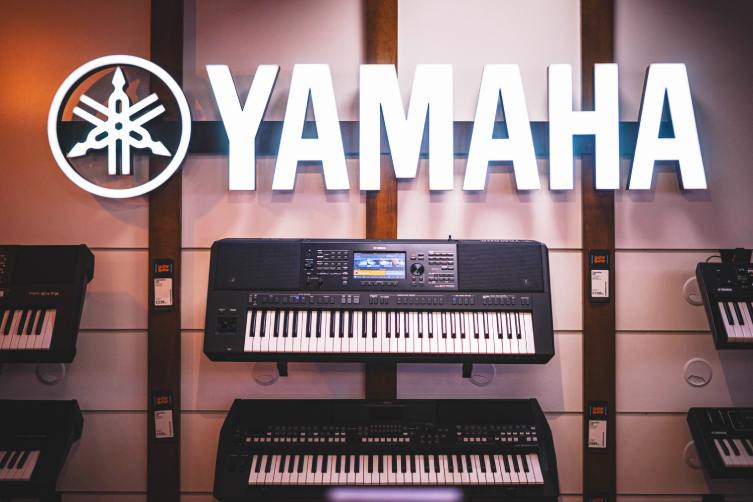
Do Arranger Keyboards use Backing Tracks?
Maybe the most significant - and useful - difference between an arranger keyboard and another form of baking track is the fact that you can change elements in real-time. Speed up, slow down, change key, add fills, extend sections: all of this is available at your fingertips. Since the arranger is playing an ‘arrangement’ rather than a piece of audio, it’s kind of like an electronic performance and so these changes will be seamless. For versatility and adaptability, arranger keyboards cannot be beaten!
So, don’t think of these as backing tracks, which are quite ‘final’ in their own way, as more like a sort of robotic backing band, if you like! You can pre-program a song or set entirely, or you can program them in the knowledge that you’ll be adding and lengthening moments as you go.
Workstation Vs Arranger
Ding ding, the fight is one, but who will win? Well, that is down to your needs and wants! So, what's the difference between a workstation and arranger keyboard?
Unlike the notes of a keyboard, the difference between the two is not exactly black and white. There is a fair amount of crossover, and both platforms could be used across several different applications. In short, Workstations are geared more toward sound design and arrangers towards planning and performing. If you are in an environment where it is important that you have maximum control over the sound you are generating, then a Workstation will be the keyboard for you. Applications such as recording studios or live performances where the end sound needs to be finely tuned are where the Workstation shines. An arranger's features are geared more toward arrangement songs. So you will often find bigger screens that will deliver information such as notation, chord progressions, and lyrics. Built-in band functions will also allow you to hear your arrangement in different styles. For example, if you want to know what a Latin inspired Shape of You cover would sound like, then an Arranger Keyboard could answer that question without hiring a spicy Latin band.
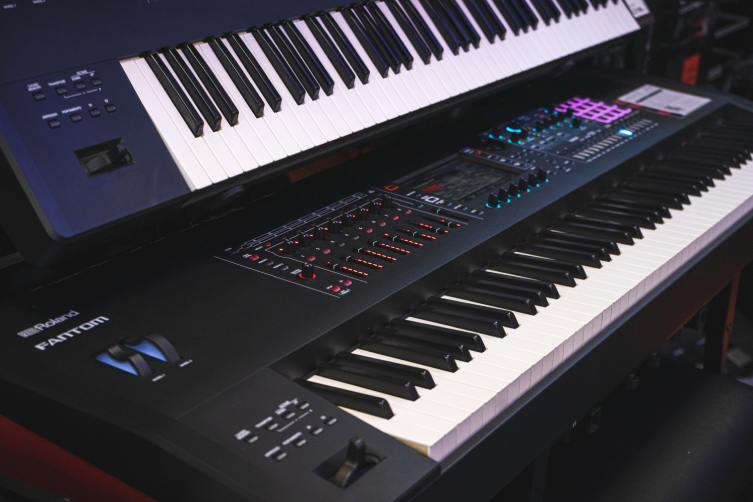
Who needs an Arranger Keyboard?
Solo Performers
One of the most popular uses for arranger keyboards is solo performances. Whatever the reason you chose to go solo, an arranger keyboard will cram a full band into a programmable, easy to use interface. You call the shots, from the set list to the tempo, to which parts need which type of insturmentation to occur. The megalomaniac within us all will relish the power granted by an Arranger keyboard!
Producers
Arranger keyboards are great companions for those looking to quickly form musical ideas. As mentioned, the ability to program an entire band can be extremely helpful for painting a picture of how a song could eventually come together. In addition, an arranger keyboard could allow you to quickly splice together demos that can be shared with band members prior to rehearsal. You can also test different arrangments of a song quickly and easily by moving the constituent pieces around within an arrangement. Raise and lower the tempo, swap in different rhythm ideas and more, all without having to re-record the parts.
Band Leaders
An Arranger can be a hugely useful tool for a bandleader. It is often the responsibility of the bandleader to roughly plan out parts for musicians to play, and an Arranger gives you the perfect platform from which to build your own arrangements of popular songs, adding a tonne of spices to your cover set. Arranger keyboards can be used to demonstrate who a song should song, how individual parts can fit into the big picture, and can even subsititute in extra instruments if a certain human player can't make the gig!
Who makes them?
The main manufacturers of Arranger Keyboards are your big music tech companies such as Yamaha and Roland. For those looking for an entry-level arranger keyboard, the Yamaha PSR E473 is a great place to start. However, if you are working professionally or looking for maximum functionality, the Yamaha Genos 2 would be the ultimate option. It takes over form the previous - and much loved - Tyros models, and the possibilities available on board are astounding. If you're interested, you need to pay us a visit and ask for a demo!


